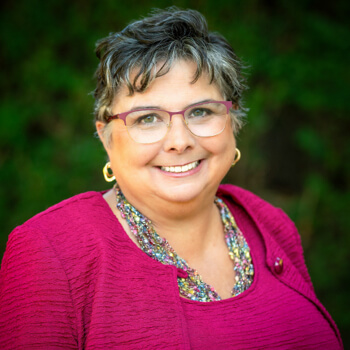
By: Attorney Michelle D. Beneski, Esq., CELA, LLM Taxation, Managing Partner
The recent news of Jay Leno seeking conservatorship for his wife has brought this legal process into the spotlight. While it can be a crucial tool for protecting vulnerable individuals, it’s important to understand its implications and potential alternatives.
What is Conservatorship?
Conservatorship is a court-ordered arrangement where a designated person (conservator) manages the legal and financial affairs of another individual deemed incapable of doing so themselves. This usually happens due to mental or physical limitations, such as dementia or severe illness.
Why is it Needed?
When someone lacks the capacity to make sound decisions about their finances, property, or well-being, leaving them unprotected can be dangerous. Conservatorship ensures their essential needs are met and prevents exploitation.
The Case of Jay Leno:
While specific details remain private, reports suggest Mrs. Leno suffers from dementia, potentially affecting her decision-making ability. Seeking conservatorship might aim to safeguard her assets and ensure her care.
Complications and Alternatives:
Conservatorship is a complex process with significant implications. It can be expensive, time-consuming, and even emotionally taxing. Notably, it restricts the individual’s autonomy, raising ethical concerns.
Exploring Alternatives:
Fortunately, proactive planning can often avoid conservatorship. Consider these alternatives:
- Durable Power of Attorney: This document empowers a trusted person to manage your affairs if you become incapacitated, respecting your wishes and avoiding court intervention.
- Living Trust: A trust can manage assets and distribute them according to your wishes, potentially reducing the need for conservatorship.
- Supported Decision-Making: This approach involves providing assistance and resources to help individuals with limitations make informed decisions, preserving their autonomy.
Key Takeaways:
- Conservatorship is a serious legal step with significant consequences.
- Proactive planning with legal documents like a Durable Power of Attorney can often prevent its necessity.
- Balancing protection with individual autonomy requires careful consideration of alternatives.


